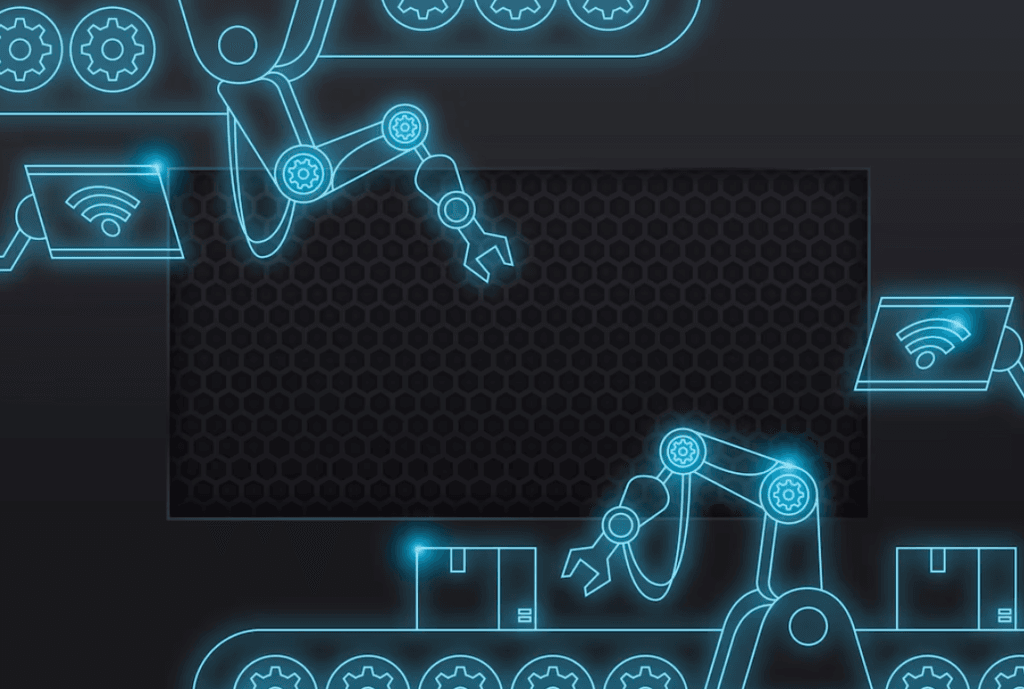Artificial Intelligence (AI) is revolutionizing the manufacturing industry by enhancing efficiency, quality, and innovation across various processes. Key applications of AI in manufacturing include:
1. Predictive Maintenance: AI analyzes sensor data from machinery to predict potential failures, enabling proactive maintenance and reducing unexpected downtime. This approach extends equipment lifespan and minimizes operational disruptions.
2. Quality Control and Defect Detection: AI-powered vision systems inspect production lines in real-time, identifying defects and anomalies that may be overlooked by human inspectors. This leads to improved product quality and consistency.
3. Supply Chain Optimization: By analyzing historical and real-time data, AI enhances demand forecasting, inventory management, and logistics. This optimization results in cost reductions and improved supply chain resilience.
4. Intelligent Automation: AI automates repetitive tasks, such as assembly and packaging, through collaborative robots (cobots) working alongside human operators. This collaboration boosts productivity and allows human workers to focus on more complex tasks.
5. New Product Development: AI assists in designing and prototyping new products by simulating performance and identifying potential improvements. This accelerates the development cycle and fosters innovation.
Industry Developments:
- General Motors (GM) and Nvidia Collaboration: GM has partnered with Nvidia to integrate AI into vehicle manufacturing and autonomous driving technologies. This collaboration aims to enhance assembly line efficiency and advance driver-assistance systems.
- Cognite’s Expansion into AI Services: Industrial software firm Cognite has launched an AI services center in Bengaluru, India, focusing on enhancing industrial operations and safety. This move signifies a strategic investment in AI-driven manufacturing solutions.
The integration of AI in manufacturing is not just a technological shift but a strategic move toward smarter, more adaptive, and sustainable production practices. As AI continues to evolve, its role in transforming manufacturing processes is set to expand, offering new opportunities for efficiency and innovation.




